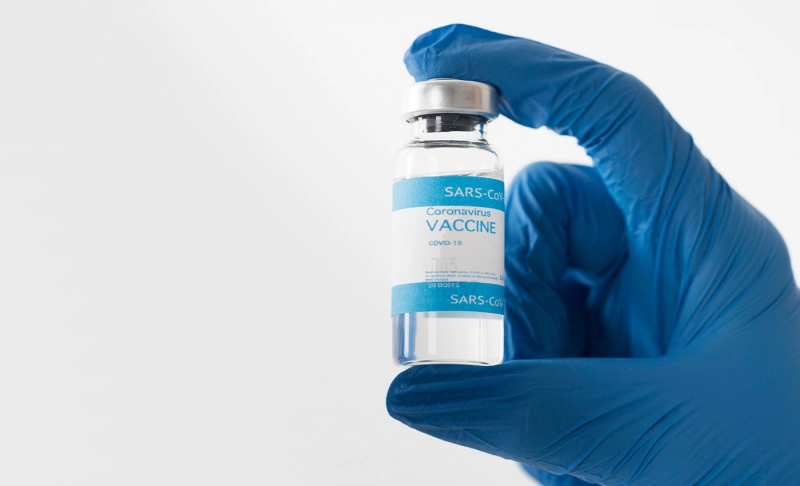By: Shivika Sharma
August 9 2021
COVID-19 vaccines do not contain graphene oxide nanoparticles.

The Verdict True
None of the WHO approved COVID-19 vaccines contain graphene oxide nanoparticles.
None of the WHO approved COVID-19 vaccines contain graphene oxide nanoparticles. Social media platforms are rife with posts about COVID-19 vaccines containing graphene oxide nanoparticles. These claims are baseless. Graphene oxide is a compound that contains carbon, oxygen and hydrogen and is made by oxidizing graphite. It is an important material for graphene-based applications such as sensors and can also be used to make graphene, which is the strongest material in the world. Graphene oxide is cheap and water soluble. Nanoparticles is a generic term for materials in the nanoscale (under 100 nm), some of which are commonly used in modern medicine. Research on graphene oxide, also a nanoparticle, shows that it could be potentially useful in bio medicine, including vaccines. However, it may be a while before such applications of the material reach clinical trial stages. The US Centres for Disease Control and Prevention (CDC) provides an exhaustive list of ingredients for the Pfizer-BioNTech, Moderna, and Janssen COVID-19 vaccines. The UK Medicines & Healthcare products Regulatory Agency (MHRA) details the list of ingredients for the AstraZeneca vaccine. After a thorough review of the list of ingredients, it is clear that none of these vaccines contain graphene oxide nanoparticles. The ingredient lists of the vaccines have been published and tested by outside parties. Pfizer’s Senior Associate of Global Media Relations explicitly informed Reuters that “Graphene oxide is not used in the manufacture of the Pfizer-BioNTech COVID-19 vaccine”. MHRA also told Full Fact that “there is no graphene oxide in any of the authorised vaccines”. Dr Park Jong-bo, a researcher at Biographene, a company that develops graphene-based medicine, told AFP that "No vaccines on the market [is] based on graphene oxide." COVID-19 vaccines currently in use are "comprised of phospholipid layers, peptides or nucleic acids, and graphene oxide is not part of these categories," Park said. That said, a particular type of nanoparticle called a lipid nanoparticle is used in both the Pfizer and Moderna Covid-19 vaccines. However, neither vaccine contains any graphene oxide nanoparticles. According to Health Desk, “Lipid nanoparticles, basically tiny balls of fat, are used in mRNA vaccines to protect delicate RNA molecules so the vaccine can enter the human body without being destroyed. Lipid nanoparticles have been recognized as potential drug delivery systems (ways to get medications into human cells, especially injectable drugs) since the 1960s.” Health Desk clarifies that a compound called polyethylene glycol (PEG) can be used to help keep lipid nanoparticles stable, as they are used in the COVID-19 mRNA vaccines. Again, there is no presence of graphene oxide in the PEG-lipid nanoparticles. Professor Penny Ward, chair of the Education and Standards Committee at the Faculty of Pharmaceutical Medicine told Full Fact that Pfizer and Moderna vaccines use lipid nanoparticles in the envelope which is used for transporting the mRNA. She informed Full Fact that these nanoparticles have been shown to mainly stay at the injection site and in the lymphatic system where immune responses to the vaccine occur. This was also corroborated by Dr Stephen Griffin, a virologist at Leeds University. In view of the above, it is safe to conclude that the COVID-19 vaccines do not contain graphene oxide nanoparticles. The COVID-19 pandemic has given rise to a lot of potentially dangerous misinformation. For reliable advice on COVID-19, including symptoms, prevention, and available treatment, please refer to the World Health Organization or your national healthcare authority.






